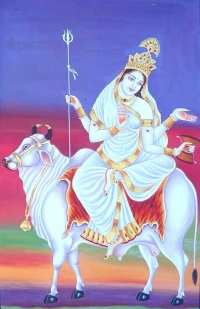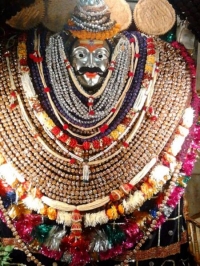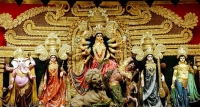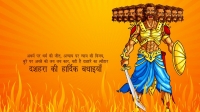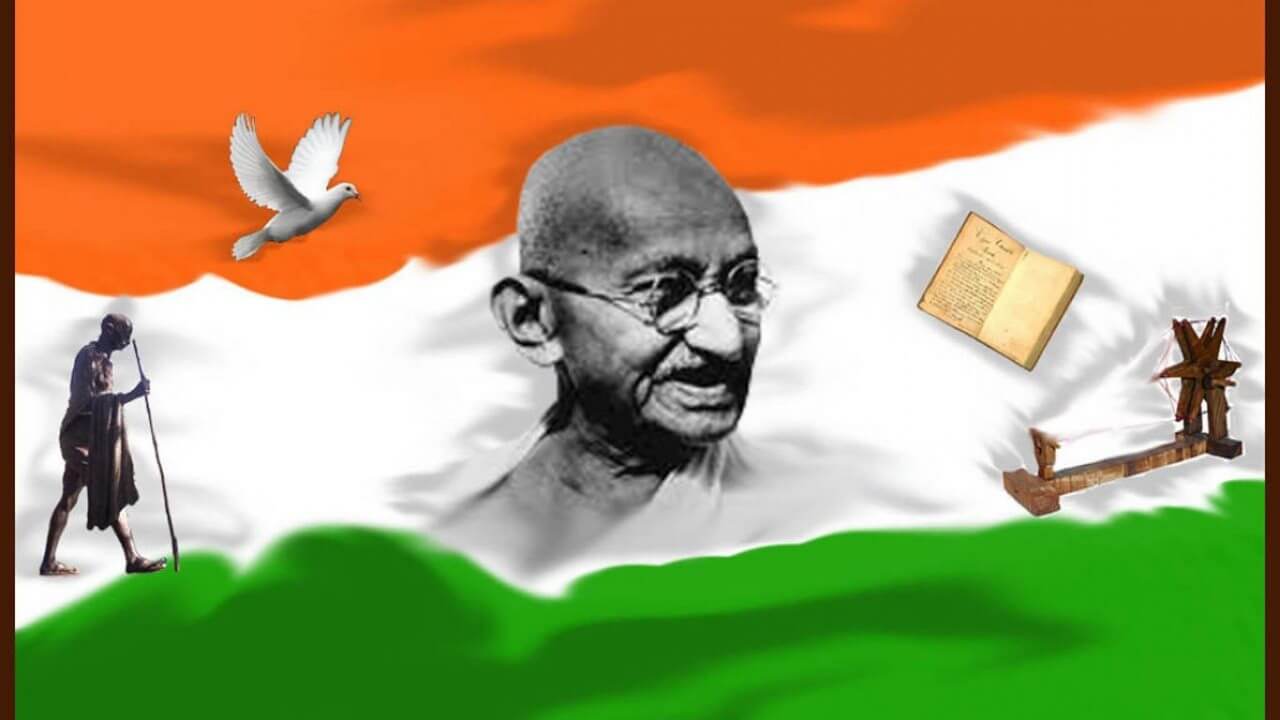
Biography Mahatma Gandhi (October 2, 1869 to January 30, 1948) was the leader of India’s non-violent independence movement against British rule and in South Africa who advocated for the civil rights of Indians. Born in Porbandar, India, Gandhi studied law and organized boycotts against British institutions in peaceful forms of civil disobedience. He was killed by a fanatic in 1948.
Religion and Beliefs
Gandhi grew up worshiping the Hindu god Vishnu and following Jainism, a morally rigorous ancient Indian religion that espoused non-violence, fasting, meditation and vegetarianism. During Gandhi’sfirst stay in London, from 1888 to 1891, he became more committed to a meatless diet, joining the executive committee of the London Vegetarian Society, and started to read a variety of sacred texts to learn more about world religions. Living in South Africa, Gandhi continued to study world religions. “The religious spirit within me became a living force,” he wrote of his time there. He immersed himself in sacred Hindu spiritual texts and adopted a life of simplicity, austerity, fasting and celibacy that was free of material goods.
Gandhi and the Salt March
.jpg)
In 1930 Gandhi returned to active politics to protest Britain’s Salt Acts, which not only prohibited Indians from collecting or selling salt—a dietary staple—but imposed a heavy tax that hit the country’s poorest particularly hard. Gandhi planned a new Satyagraha campaign that entailed a 390-kilometer/240-mile march to the Arabian Sea, where he would collect salt in symbolic defiance of the government monopoly. “My ambition is no less than to convert the British people through non-violence and thus make them see the wrong they have done to India,” he wrote days before the march to the British viceroy, Lord Irwin. Wearing a homespun white shawl and sandals and carrying a walking stick, Gandhi set out from his religious retreat in Sabarmati on March 12, 1930, with a few dozen followers. By the time he arrived 24 days later in the coastal town of Dandi, the ranks of the marchers swelled, and Gandhi broke the law by making salt from evaporated seawater. The Salt March sparked similar protests, and mass civil disobedience swept across India. Approximately 60,000 Indians were jailed for breaking the Salt Acts, including Gandhi , who was imprisoned in May 1930. Still, the protests against the Salt Acts elevated Gandhi into a transcendent figure around the world, and he was named Time magazine’s “Man of the Year” for 1930. Gandhi was released from prison in January 1931, and two months later he made an agreement with Lord Irwin to end the Salt Satyagraha in exchange for concessions that included the release of thousands of political prisoners.
India’s Independence from Great Britain

Gandhi returned to India to find himself imprisoned once again in January 1932 during a crackdown by India’s new viceroy, Lord Willingdon. After his eventual release, Gandhi left the Indian National Congress in 1934, and leadership passed to his protégé Jawaharlal Nehru. He again stepped away from politics to focus on education, poverty and the problems afflicting India’s rural areas. As Great Britain found itself engulfed in World War II in 1942, though, Gandhi launched the “Quit India” movement that called for the immediate British withdrawal from the country. In August 1942, the British arrested Gandhi , his wife and other leaders of the Indian National Congress and detained them in the Aga Khan Palace in present-day Pune. “I have not become the King’s First Minister in order to preside at the liquidation of the British Empire,” Prime Minister Winston Churchill told Parliament in support of the crackdown. With his health failing, Gandhi was released after a 19-month detainment, but not before his 74-year-old wife died in his arms in February 1944.
“When I despair, I remember that all through history the ways of truth and love have always won. There have been tyrants, and murderers, and for a time they can seem invincible, but in the end they always fall. Think of it–always.”

